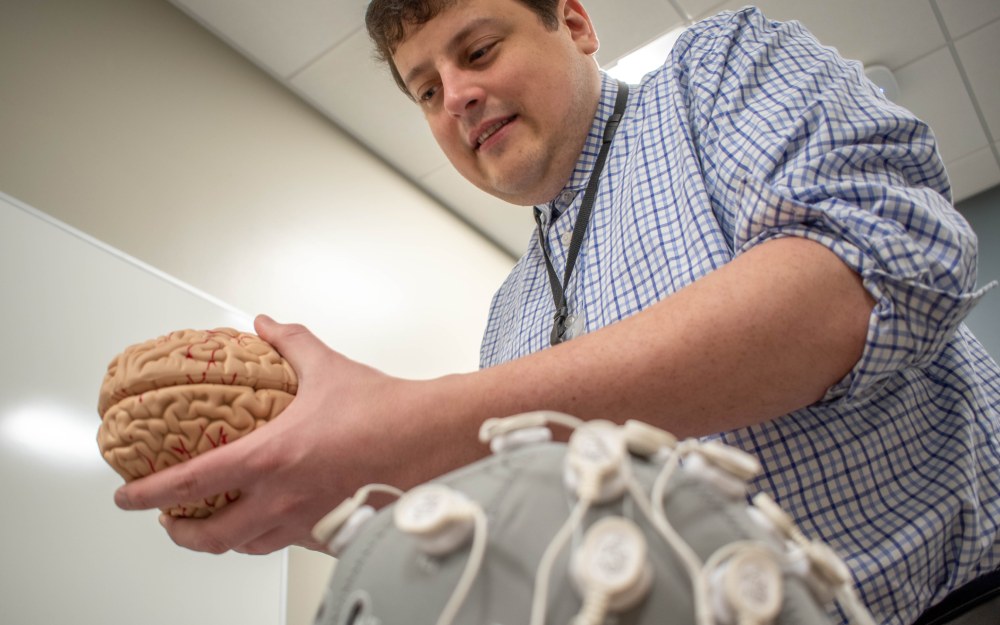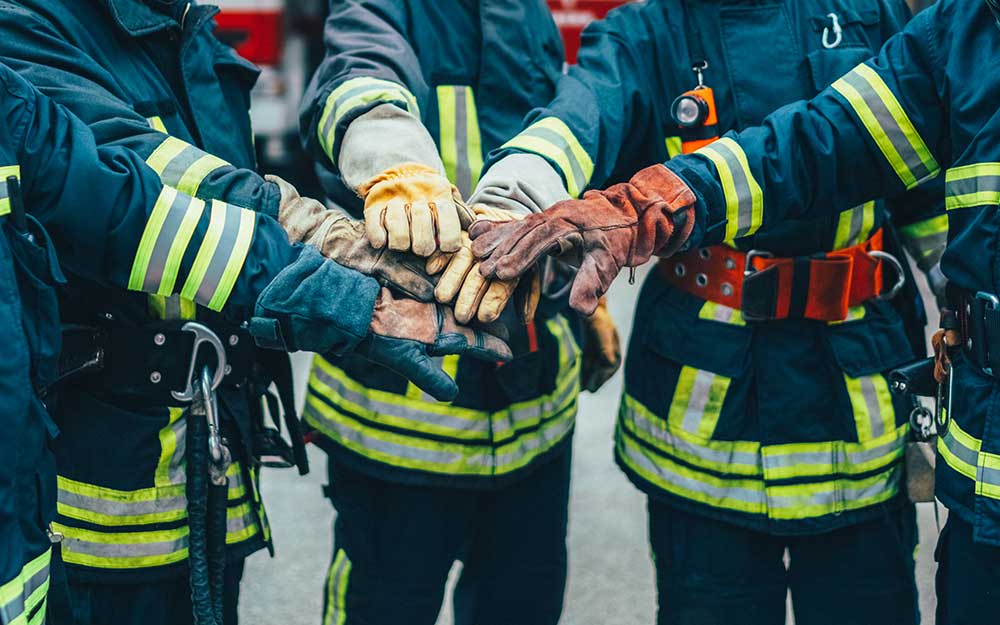
Suicide and overdose risk resources available now on Rogers Connect
02/25/21 09:40:amThe COVID-19 pandemic has had a worldwide impact on mental health. A suicide and overdose risk resource hub has been added to Rogers Connect to ensure that the care team members at Rogers have the knowledge needed to assess for and intervene appropriately.
Rachel Leonard, Michelle Maloney, and Nancy Goranson share their thoughts below on the new resource below.
A: Our teams were expressing a lack of confidence in working with patients who actively engage in suicidal behaviors. We wanted to provide them resources that would be readily available in an easy-to-find location for clinicians with both basic and more intermediate knowledge.
Similarly, throughout the pandemic as well as over the past several years, there has been a significant number of lives lost due to overdoses. Sometimes this is the result of a suicide attempt, while in other cases it can be a result of using too much of a substance to achieve a high. Either way, it is imperative that as clinicians we assess and recognize the symptoms of an overdose.
Q: What does the section currently offer and what might be coming soon?
A: Currently there are a variety of resources offered, including a link to CALM training on eliminating access to means; documents to assist with clinical conceptualization of suicide risk; education about suicide, safety, and overdose; and informational packs for parents of child and adolescent patients or support persons for adult patients to provide them with education about suicide risk. Our goal is to continue to add resources to this section based on both current literature and advances in the area and on employee feedback.
Q: If people have questions or feedback, who should they reach out to?
A: We hope to have a direct feedback mechanism soon for employees to request the topics or resources they would find helpful. Team members are encouraged to reach out to Dr. Leonard for adult needs, Dr. Maloney for overdose risk needs, and Dr. Goranson for child needs.





